At the workshop “Vietnam Semiconductor Industry C= SET +1” held on the sidelines of the 6th Make in Vietnam Forum, leading experts shared many positive perspectives on the development of Vietnam's semiconductor industry.
According to Mr. Nguyen Khac Lich, Director of the Department of Information Technology and Communications Industry ( Ministry of Information and Communications ), the semiconductor industry is the foundation for the development of many high-tech industries such as artificial intelligence, Internet of Things, automated cars, etc. Vietnam cannot stay out of this game if it wants to become a developed country.
Therefore, Vietnam has just issued a strategy for developing the semiconductor industry with ambitious goals. In which, developing specialized chips is identified as one of the main directions.
Explaining this, according to Mr. Nguyen Khac Lich, specialized chips are easier to design and manufacture than general-purpose chips, and have lower production costs. This is consistent with Vietnam's capacity and development orientation.
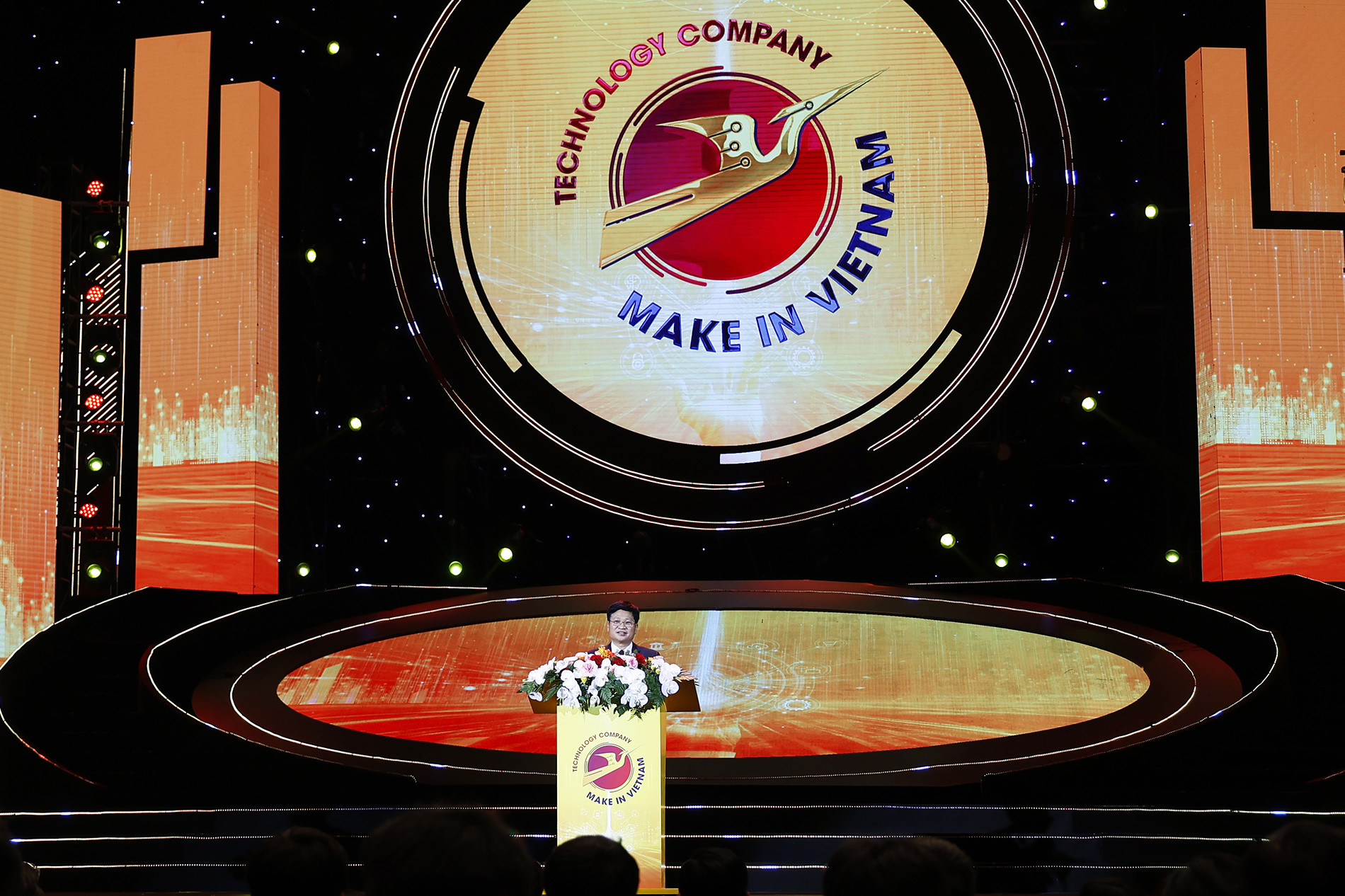
Vietnam is considered a country with high-quality human resources and great potential in the semiconductor industry. This is an important competitive advantage of our country.
The Director of the Department of Information Technology and Communications Industry said that Vietnam needs to focus on specialized chip products with high added value, while building a strong electronics industry ecosystem.
At the same time, Vietnam needs to master technology to reduce dependence on foreign countries and increase domestic production capacity.
According to Mr. Nguyen Trung Kien, Deputy Head of Semiconductor Technology Department of Viettel Group, the semiconductor chip industry is considered the "bloodline" of the global digital economy, playing a key role in technology competition between countries.
Chips are the foundation of most modern electronic devices, from smartphones and computers to cars and artificial intelligence systems. According to Gartner, the semiconductor industry's revenue could reach more than $1 trillion by 2030.
In that context, mastering the chip industry not only ensures technological security and supply autonomy, but also creates high added value, promotes innovation and sustainable development.
This is a mandatory requirement for countries and businesses that want to participate deeply in the global technology value chain.
Sharing about the journey to master the 5G Make in Vietnam chip, Mr. Nguyen Trung Kien said that in 2017, Viettel decided to establish the Chip Research Center to aim for self-sufficiency in designing and manufacturing semiconductor chips.
To date, Viettel has successfully designed two 5G chip lines using 28 nanometer technology. This unit has also built a team of experienced personnel, mastering the entire chip design process and related technologies.
Viettel's goal by 2030 is to master the design and production of basic specialized chips for high-tech products. This unit also aims to master basic chip lines for domestic electronics industries.
At the same time, Viettel cherishes the ambition of building and putting into operation a small-scale, high-tech semiconductor chip manufacturing factory.
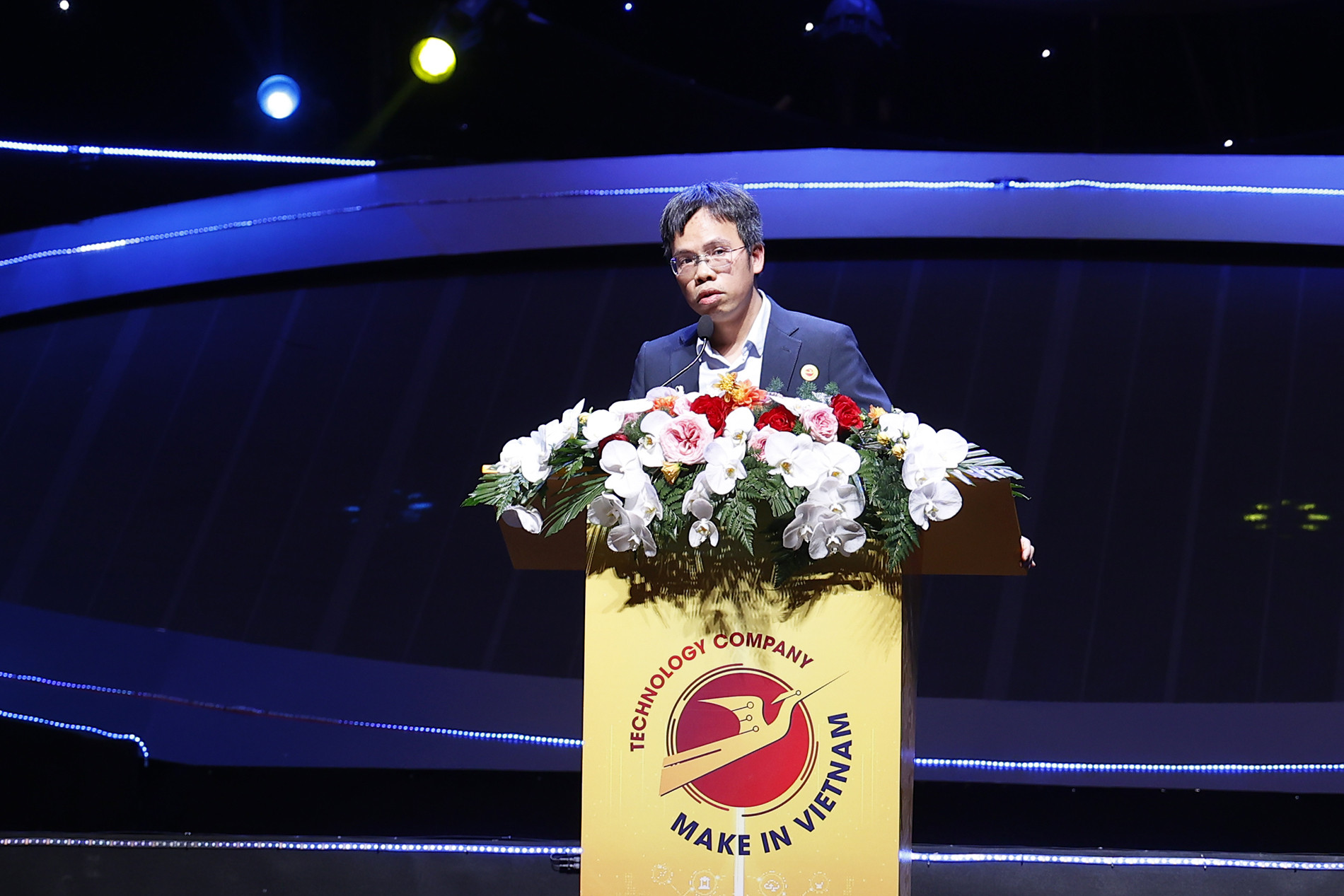
Sharing a common view, Mr. Tran Phu Son, Business Development Director of FPT Semiconductor, said that Vietnam's electronics industry is growing strongly, with export turnover increasing significantly in recent years.
This is an industry in which Vietnam has many advantages such as high growth rate, labor resources close to the semiconductor industry, and the participation of many large technology corporations.
According to Mr. Son, on the other hand, the semiconductor industry also faces many challenges, such as fierce global competition from countries in the region, a shortage of experienced human resources and dependence on imported components.
FPT is currently participating in solving this challenge by developing chip design, training and developing semiconductor human resources, including recruiting and training new graduates.
In addition, FPT also has ambitions to combine the semiconductor industry with other fields such as digital transformation and clean energy to create new products and services.







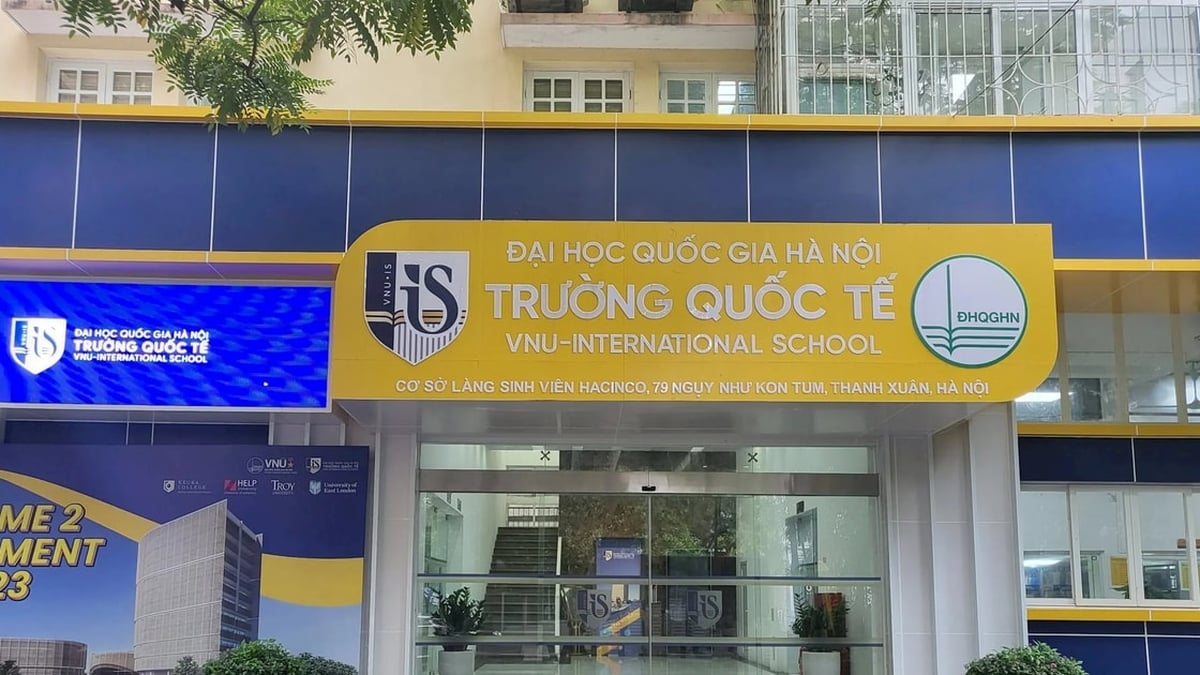


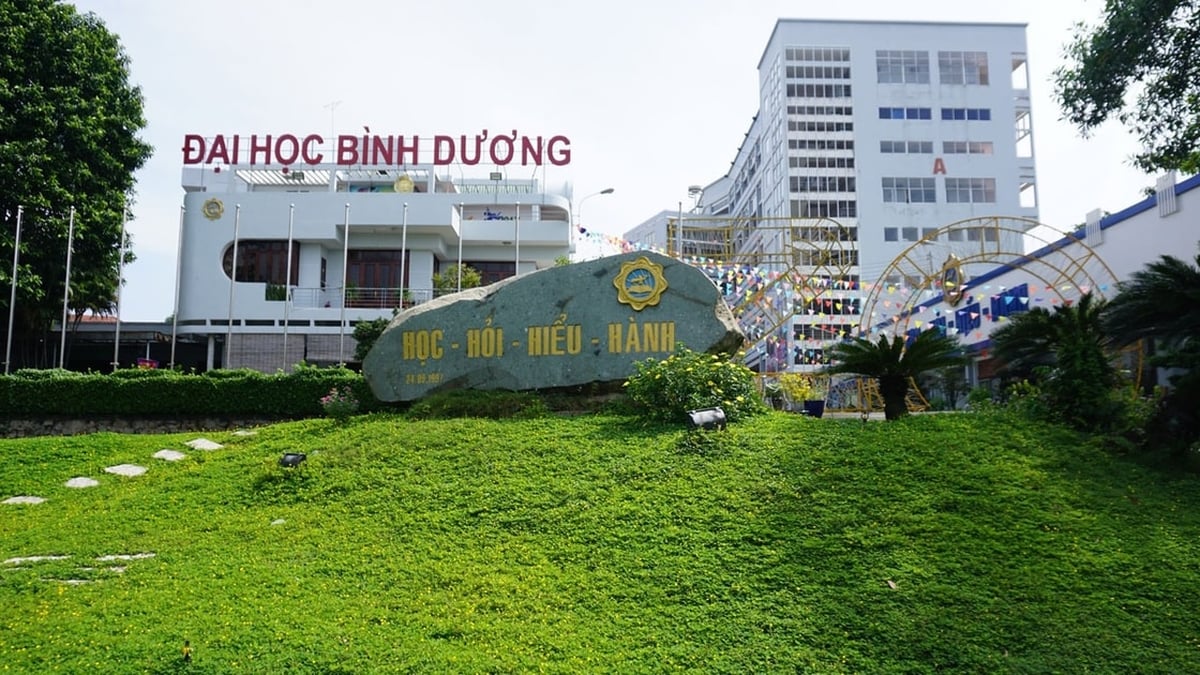
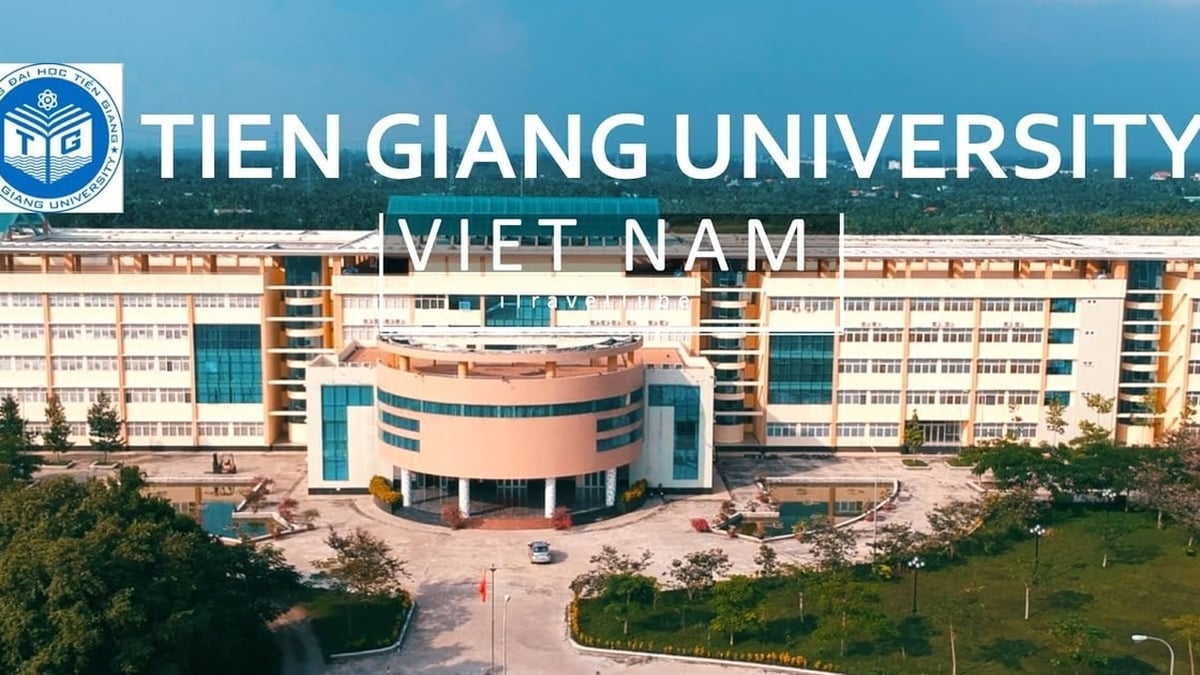














![[Photo] National Assembly Chairman Tran Thanh Man visits Vietnamese Heroic Mother Ta Thi Tran](https://vphoto.vietnam.vn/thumb/1200x675/vietnam/resource/IMAGE/2025/7/20/765c0bd057dd44ad83ab89fe0255b783)












































































Comment (0)